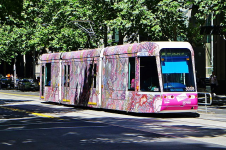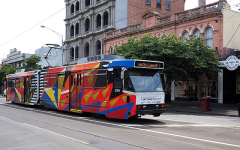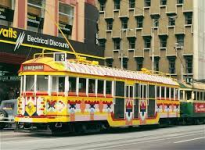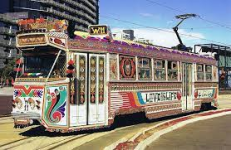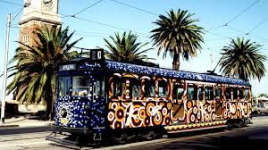Bramblethorn
Sleep-deprived
- Joined
- Feb 16, 2012
- Posts
- 17,634
Spell check is probably localized.It's definitely the opposite in the US.
That spell check comes from the browser, not Literotica. It's controlled by the regional settings in the browser.
I'm only teasing anyway. I find the differences in the various English-es fascinating. I don't understand the elitism, for lack of a better term, some people feel about the particularities of their peculiar off-brand. Most American dialects are older than the modern iteration of RP/Queen's English. And we were no longer a colony when current conventions of 'proper' English emerged in London. I don't even recognize Britain's authority over my language. They lost the rights with the collapse of their empire.
No argument with any of this, and as a dual national I reserve the right to mix and match my dialects. But these days, IME, US-English chauvinism is just as prevalent and just as obnoxious as UK-English chauvinism.
I just want people to understand where we're coming from, and the 'why' behind our choices before they judge them. We didn't change the spelling. Everyone else did. We liked what we had, and decided to stick with it. It wasn't an intentional slight to anyone else's linguistic sensibilities. Believe it or not, I don't often think about how it will effect the Brits before I utter a sentence.
Ahem.
